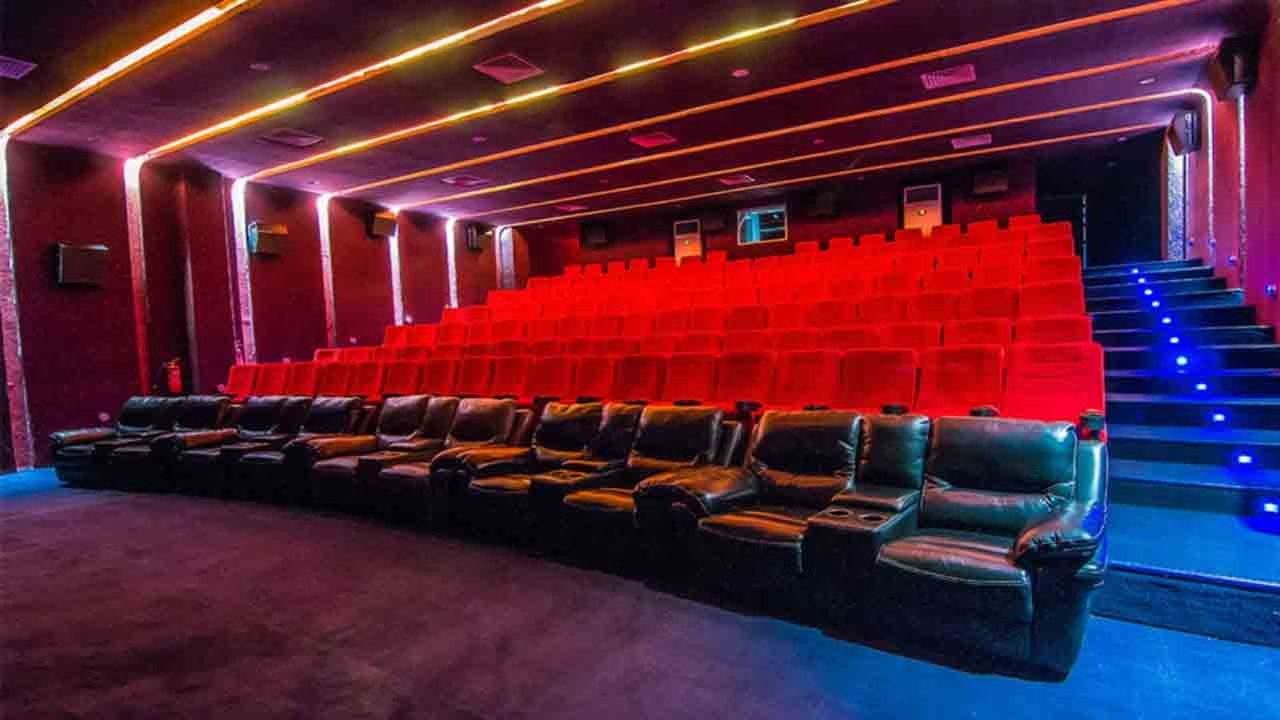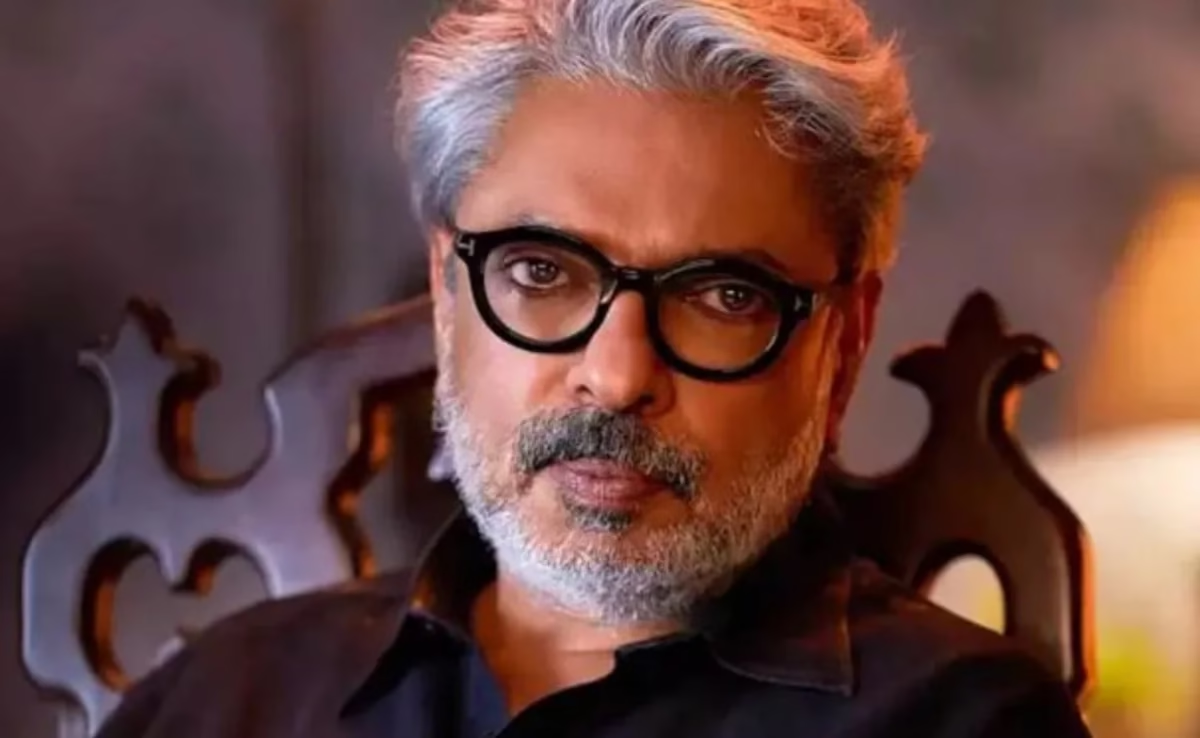The administration orders CCTV surveillance in theaters across the region to ensure public safety and maintain order during live performances. This new directive comes as part of the government’s broader strategy to monitor public gatherings, prevent illegal activities, and uphold moral standards in entertainment venues.
Strict Surveillance Guidelines for Theaters
According to the latest notification, all theater halls are now required to keep their CCTV cameras operational during scheduled drama and performance times. The administration has emphasized that complete surveillance must be maintained to ensure that activities inside theaters comply with established laws and cultural norms.
Officials have stated that the primary purpose of this order is not to disrupt creative expression but to ensure transparency and accountability in theater operations. By implementing CCTV surveillance, authorities aim to deter unethical or unlawful acts that may occur during performances or among audiences.
Consequences for Violating Rules
The administration made it clear that any violation of the new guidelines will result in strict action. If a theater is found to be breaching the established rules, it will be immediately sealed. This measure serves as both a deterrent and a warning to theater owners and performers who might otherwise disregard the code of conduct set by local authorities.
Moreover, regular inspections will be conducted to ensure compliance. Officials may review CCTV footage at random intervals to verify that the guidelines are being followed. In case of tampering with surveillance systems or concealing evidence, theaters may face additional penalties, including suspension of operating licenses.
Objective Behind the New CCTV Surveillance Order
The administration’s CCTV surveillance order in theaters aims to maintain public order and ensure a safe environment for audiences. The government has expressed concerns over the increasing reports of rule violations, unauthorized shows, and incidents of disorderly conduct in some venues.
Through this surveillance initiative, the administration intends to discourage such practices. Officials believe that visible cameras not only enhance audience safety but also create a sense of accountability among performers, organizers, and theater staff.
Furthermore, this step aligns with broader efforts to prevent immoral or illegal activities that may arise in public entertainment spaces. The goal is to balance creative freedom with social responsibility.
Maintaining a Balance Between Creativity and Regulation
While many have welcomed the decision, some members of the theater community have expressed concern that continuous surveillance might impact artistic freedom. They argue that theater, as a form of expression, thrives on emotional depth and freedom from external control.
However, officials have reassured the public that the surveillance system will not interfere with creative processes. Instead, it is designed to ensure that performances adhere to decency and legal standards. The administration has reiterated that genuine art will always be supported — but within the boundaries of law and ethics.
Ensuring Audience Safety and Transparency
The administration’s CCTV surveillance order in theaters is also being viewed as a step toward greater audience protection. With cameras covering entrances, exits, and performance areas, authorities can swiftly respond to emergencies or disputes during shows.
The presence of CCTV systems enhances transparency between theater management and law enforcement. In the event of an incident, footage can provide crucial evidence, reducing false claims and ensuring accountability.
Additionally, the surveillance system is expected to discourage any form of harassment or misconduct within theaters. By creating a monitored environment, the administration hopes to make entertainment venues safer for all — especially for women and families attending cultural events.
Implementation and Compliance Measures
To ensure smooth implementation, theater owners have been instructed to upgrade their security systems if needed. CCTV cameras must remain active and functional throughout performance hours. The footage should be stored for a specified period, allowing authorities to review it if required.
The administration will also collaborate with law enforcement agencies to oversee compliance. Theater owners who adhere to the guidelines may receive certificates of compliance, while those who fail to do so risk suspension or closure.
Public awareness campaigns are also being planned to inform citizens about the importance of surveillance in maintaining law and order. These campaigns will highlight that the initiative is meant for the safety and benefit of both performers and the public.
Public Reaction to the Order
The new order has sparked a mix of reactions from theater enthusiasts and citizens. Many appreciate the government’s efforts to maintain discipline and protect public interest. They argue that CCTV surveillance will prevent potential misconduct and improve the overall reputation of theater spaces.
On the other hand, a few critics question whether constant monitoring might lead to excessive control over cultural activities. They call for a balanced approach that safeguards creativity while maintaining law and order.
The administration’s CCTV surveillance order in theaters marks a significant step toward enhancing transparency, safety, and accountability in the entertainment industry. By ensuring constant monitoring, the administration aims to curb unethical practices and create a secure environment for both performers and audiences.
While debates about artistic freedom and surveillance may continue, there is no denying that this initiative reflects a growing commitment to maintaining public order and promoting responsible entertainment practices. If implemented fairly, it could set a new standard for safety and integrity within theater culture.



